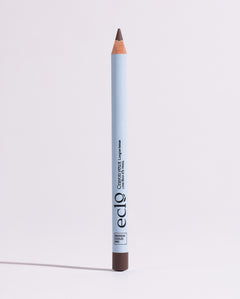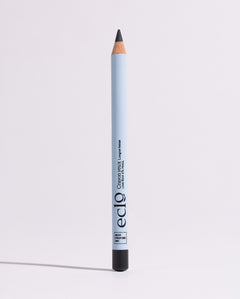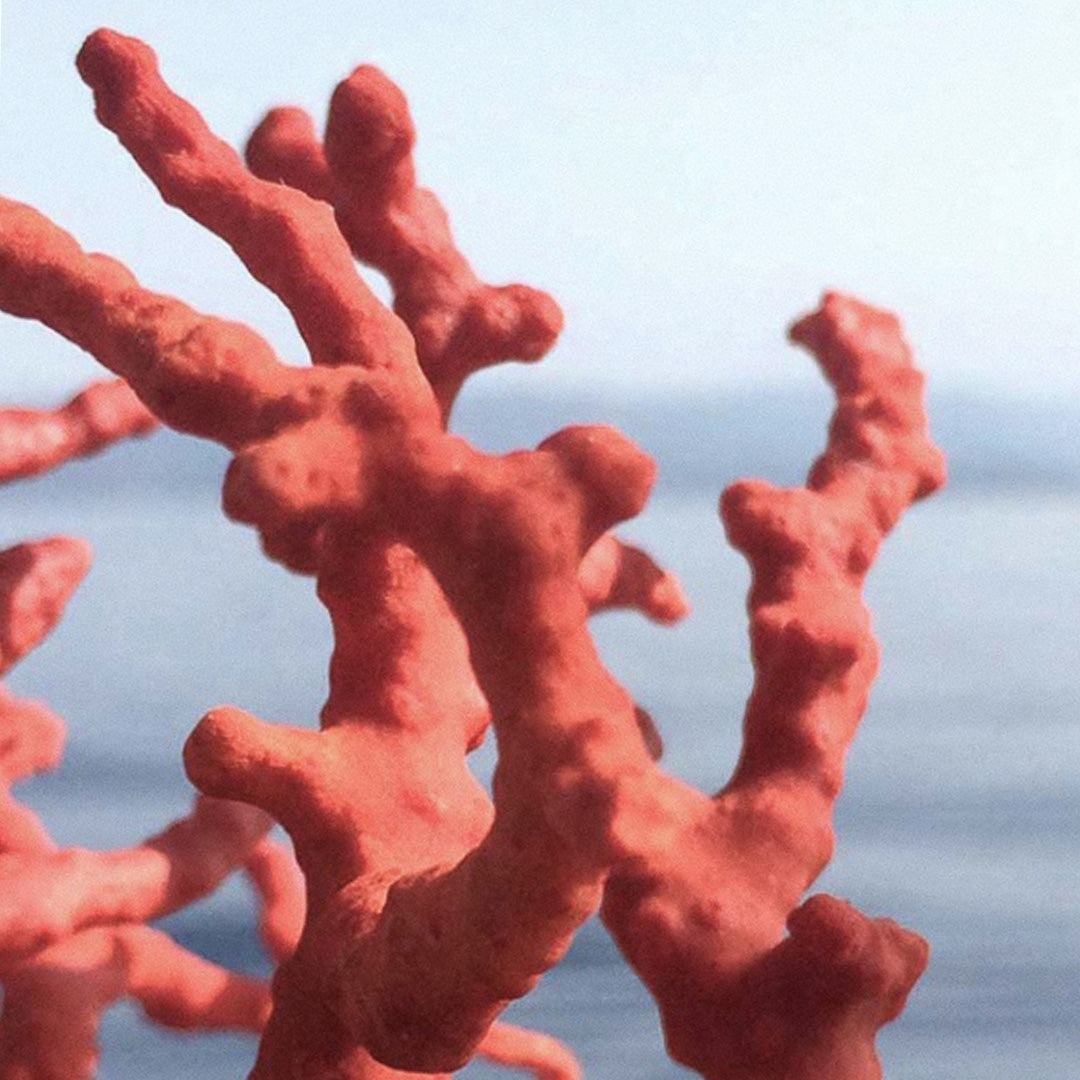Eco-toxicity testing of Eclo products on Corals, symbol of marine biodiversity and underwater ecosystems.
Did you know that corals cover only 0.2% of the ocean floor but represent 30% of marine biodiversity worldwide!
As true jewels of the ocean, essential to marine life, coral reefs are at the forefront of the battles for the ocean, climate, and biodiversity. At Eclo, we are committed to ensuring that our products are sufficiently eco-designed so that if they accidentally end up in the ocean, they do not damage or disrupt marine ecosystems. And coral is the symbol of this commitment.
Among the most diverse ecosystems on the planet, corals directly or indirectly support the livelihoods of 500 million people, including 40 million fishermen!

Yet, corals are threatened by climate change, which leads to rising water temperatures and ocean acidification. Just one degree of difference is enough to cause irreversible damage to corals. This is manifested by coral bleaching, caused by the expulsion of zooxanthellae, symbiotic algae. These algae are very useful to corals as they provide them with energy through photosynthesis, for example. However, their expulsion weakens the coral and can cause their death if they do not return.

We are delighted to share with you our trip to the coral farm last March in a village in the Côtes d'Armor (Brittany, France, 22) for the "Official Launch of the Reef Tox Test: a unique in vitro eco-toxicity test in the world, conducted on a representative sample of corals from around the world, which analyzes the potential toxicity of certain raw materials in cosmetics on corals, especially UV filters."

At Eclo, we have chosen not only to subject our formulas to this test but also the packaging! Therefore, the entirety of our Correcting Foundation, formula + packaging, both 100% of natural origin, was ground into powder and sprinkled on 50 different coral cuttings in two aquariums (the third being the control aquarium). And believe it or not, the initial reactions of the corals were surprising, in a good way, as some of them went 'hunting', which means that these particles, without any plastic or chemical residue, did them no harm.
This initiative is supported by the Brittany Region, which financially supported us in conducting this innovative test through a dedicated innovation program in the region.

With Antoine Combot, Marine Biologist and research project leader at the coral farm, we witnessed the magic and fragility of coral reefs, these jewels of marine biodiversity.
Beyond regulatory requirements, we wanted to conduct this test to engage and to demonstrate that a cosmetic product can and should be designed to have no eco-toxicity on marine ecosystems. The first days of observation are very encouraging.
Eclo is one of the first brands to subject the entirety of its product to this eco-toxicity test. A giant step towards regenerative beauty and respect for our environment.
We'll tell you more about the ReefTox Test and why it's so relevant for a brand like ours ?

The ReefTox test evaluates the short-term (24 hours) and medium-term (2 weeks) impact of cosmetic ingredients on a diverse population of 50 coral species found in tropical and Indo-Pacific bathing areas. Based on solid scientific data and current recommendations regarding the use of sunscreens, this test allows us to accurately measure the effect of our products on marine ecosystems. The ReefTox test is safe for coral reefs. The tests are conducted in vitro, thus preserving the integrity of threatened marine reefs while providing us with crucial information on the impact of our products. |
At Eclo, we understand that protecting corals is both a scientific and ethical challenge. That's why we have chosen to go beyond industry standards by subjecting our products to this rigorous test, with the aim of ensuring that every product you use is not only good for your skin but also for our planet.



